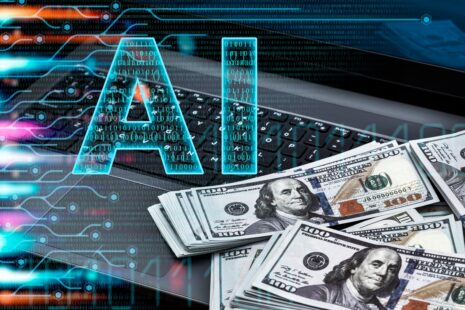AI is expected to automate various roles across industries, particularly jobs that involve repetitive, predictable tasks or rely heavily on data processing. While AI will replace some positions, it will also create new opportunities, shifting the workforce landscape.
Jobs Most at Risk of Being Replaced by AI by 2030
Administrative and Clerical Roles
- Data Entry Clerks
AI-powered systems can process and organize large amounts of data faster and more accurately than humans. - Receptionists
Chatbots and automated phone systems are increasingly handling customer inquiries and scheduling tasks. - Bookkeepers and Accountants
Software like QuickBooks and AI tools can handle bookkeeping, invoice generation, and tax calculations efficiently.
Customer Support and Sales
- Customer Service Representatives
AI chatbots and virtual assistants are already managing basic customer inquiries, reducing the need for human agents in routine tasks. - Retail Sales Associates
Self-checkout systems and AI-driven recommendations in e-commerce reduce the demand for in-store personnel.
Manufacturing and Warehouse Jobs
- Assembly Line Workers
Robotics and AI-driven machinery are increasingly taking over repetitive tasks in manufacturing. - Warehouse Staff
Companies like Amazon use AI-powered robots to sort, pack, and transport goods in warehouses.
Transportation and Delivery
- Truck Drivers
Autonomous vehicles, though still in development, could reduce the demand for human drivers in logistics. - Delivery Personnel
Drones and autonomous delivery robots are expected to handle local deliveries efficiently.
Media and Content Creation
- Basic Copywriters
AI tools like ChatGPT and Jasper can generate blogs, social media posts, and ad copy, especially for standardized content. - Translators and Interpreters
AI-powered translation tools, such as Google Translate, are increasingly sophisticated for many languages and contexts.
Healthcare Support Roles
- Radiologists and Pathologists
AI systems can analyze medical images and lab results more quickly and accurately, handling routine diagnostics. - Medical Transcriptionists
Voice recognition software and AI-powered transcription tools are replacing traditional transcription roles.
Jobs That Are Safer from AI
Roles requiring emotional intelligence, complex problem-solving, and creativity are less likely to be replaced.
- Creative Professionals – Writers, artists, and directors who bring original ideas.
- Human-Centered Jobs – Teachers, therapists, and social workers.
- Leadership Roles – Managers and executives who require judgment and strategic thinking.
By 2030, AI will likely replace jobs that are routine, repetitive, or data-driven, but it will also enhance existing roles and create new opportunities. Preparing for this shift involves upskilling in areas like AI tool management, critical thinking, and human-centric skills to stay relevant in the evolving workforce.




